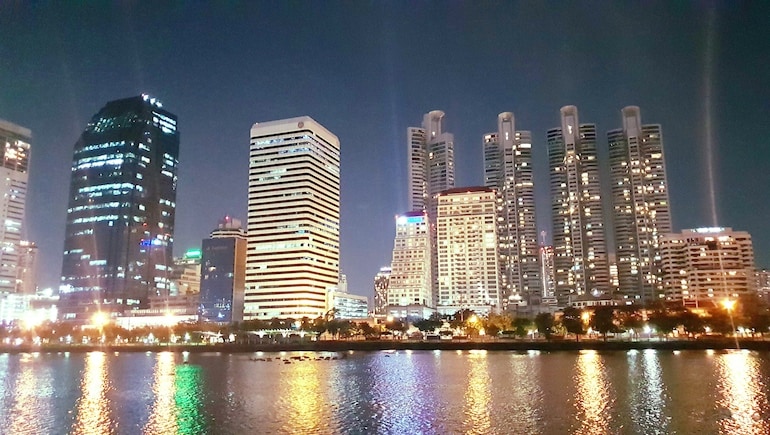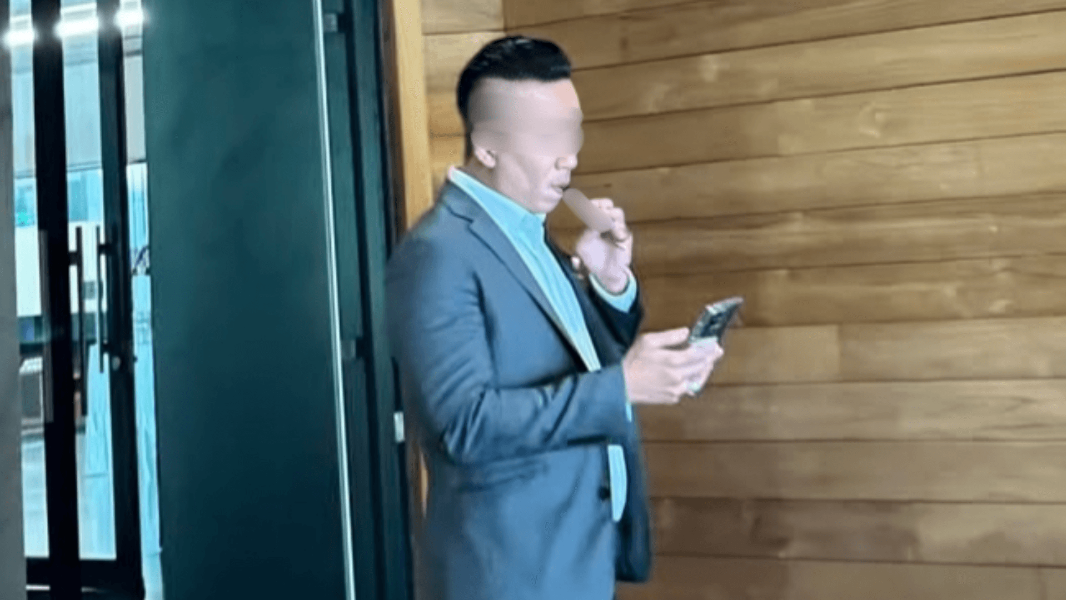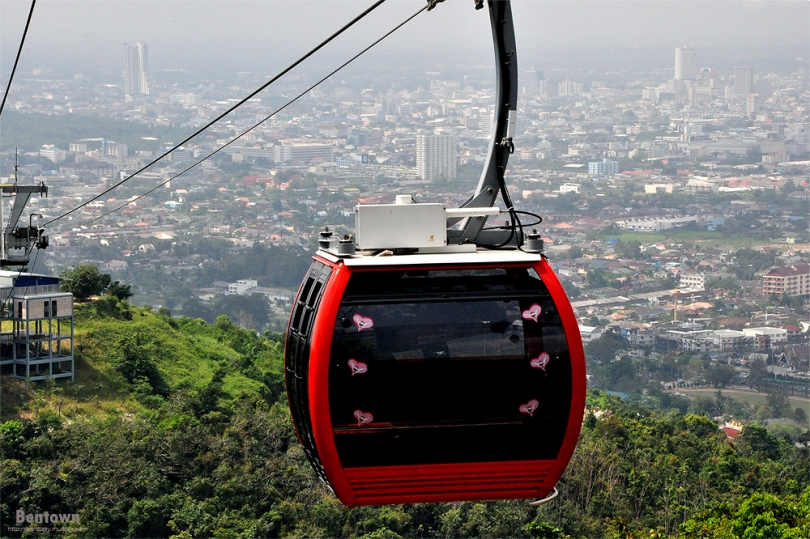Introduction to the Issue
The recent surge in complaints about short-term condo rentals has prompted authorities to take action against illegal operations. Residents have voiced concerns over disturbances and potential misuse of units, leading to a broader investigation. Noise Pollution and Disruptive Behavior are among the primary issues reported, with some units allegedly being used for illicit activities.
Regulatory Framework and Enforcement
Legal Background
Short-term rentals via platforms like Airbnb are illegal in Thailand under the 2004 Hotel Act, with penalties including fines of up to 20,000 baht plus a daily fine of 10,000 baht until operations cease. Most condominiums also prohibit short-term rentals due to security and privacy concerns. Enforcement Challenges include the difficulty in monitoring and regulating these rentals effectively.
Enforcement Efforts
Authorities have pledged to increase enforcement to prevent the misuse of condominium properties. This includes investigating and prosecuting violators, as well as working with condominium management to address resident complaints. Community Involvement is crucial, as public complaints often serve as the catalyst for enforcement actions.
Impact on Communities
Resident Concerns
Residents have expressed frustration over the high frequency of visitors and excessive noise at night. Cleaning staff often leave equipment in communal areas, further exacerbating the situation. Quality of Life Issues are a significant concern, as these disturbances affect the overall living environment for permanent residents.
Economic and Social Implications
While short-term rentals can provide economic benefits, they also pose challenges for communities, including potential impacts on housing availability and neighborhood stability. Balancing Interests is essential to ensure that regulations address both economic needs and resident concerns effectively.









